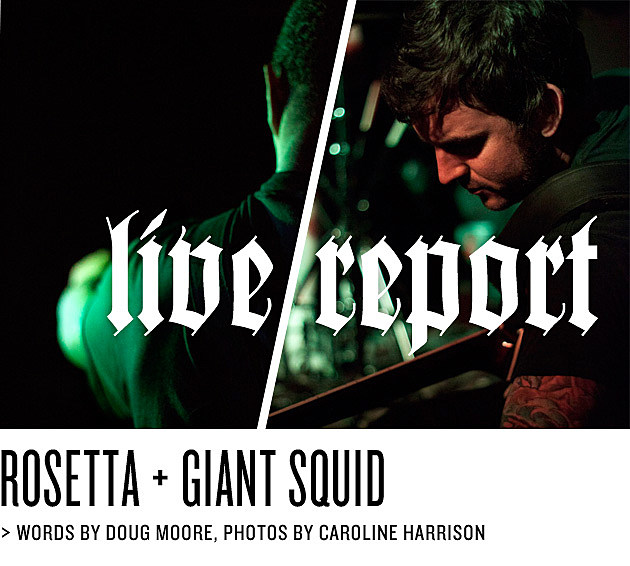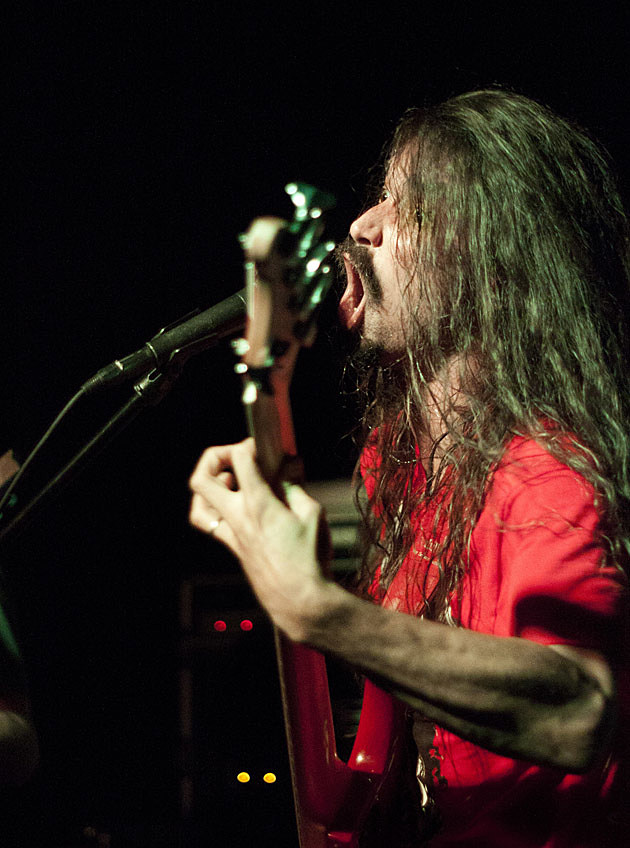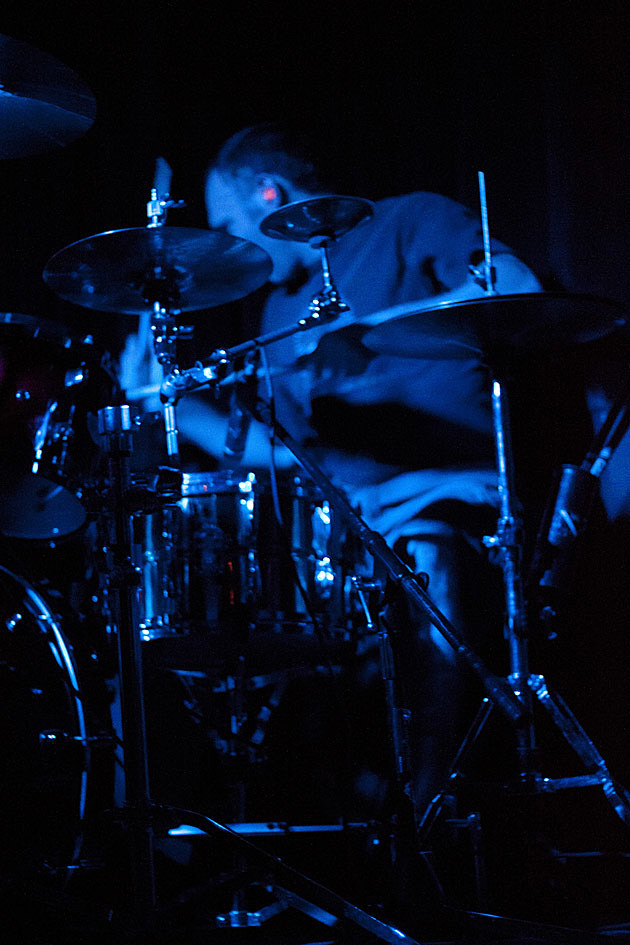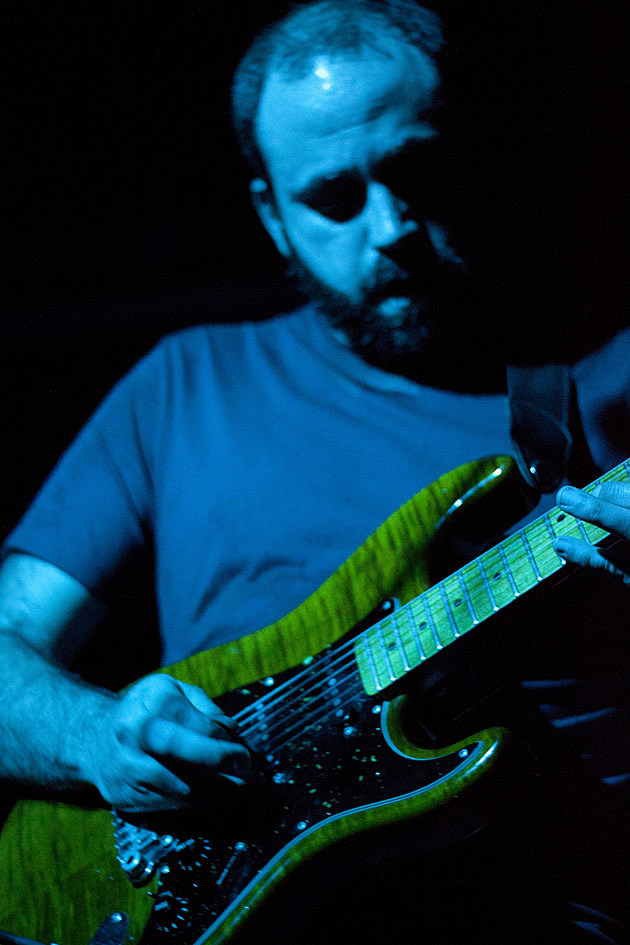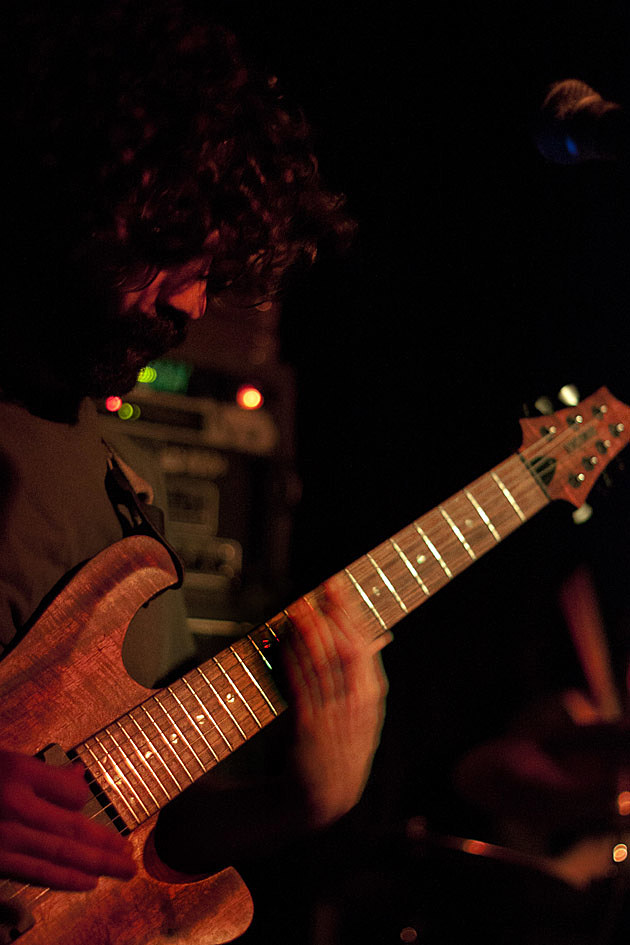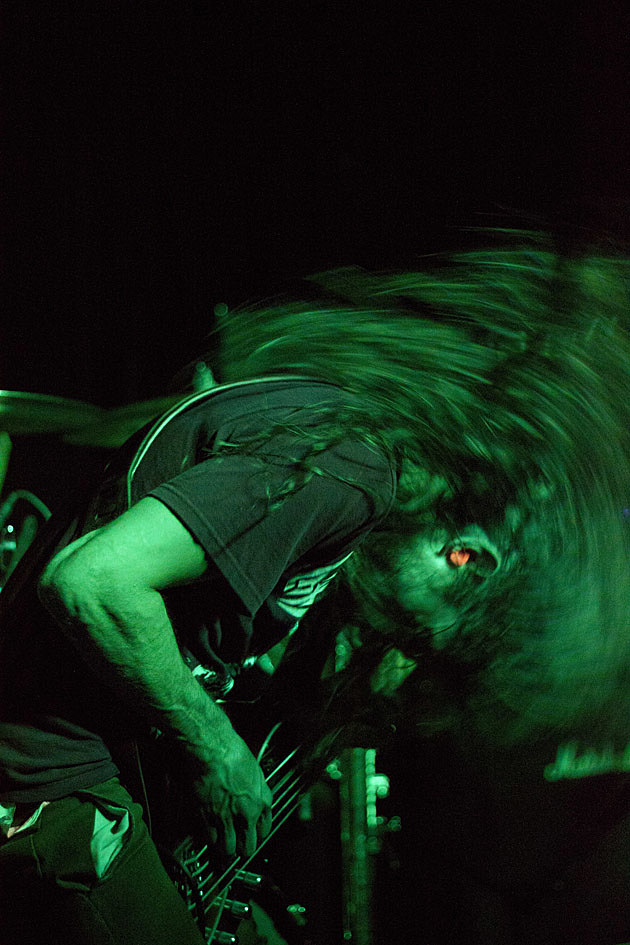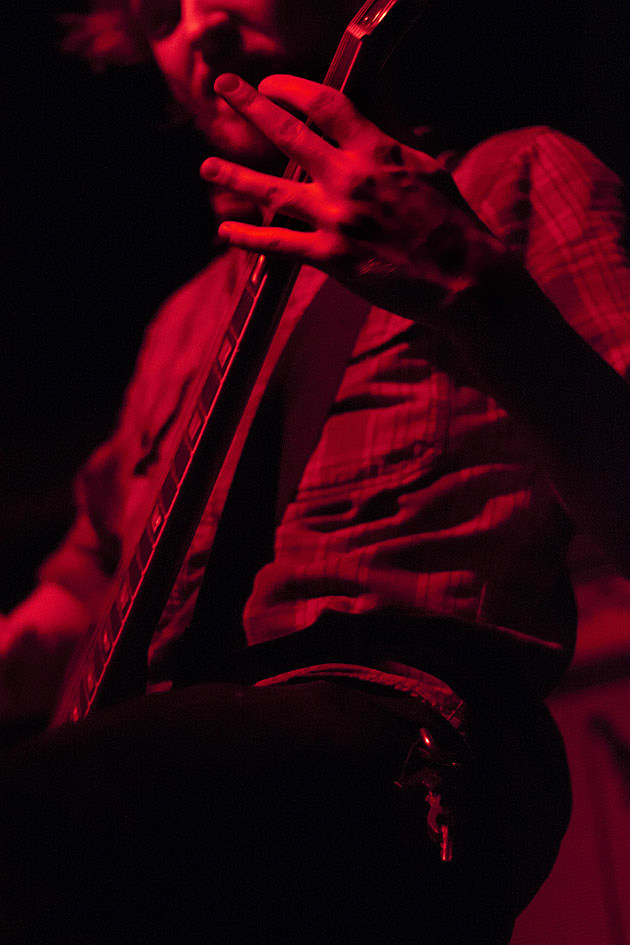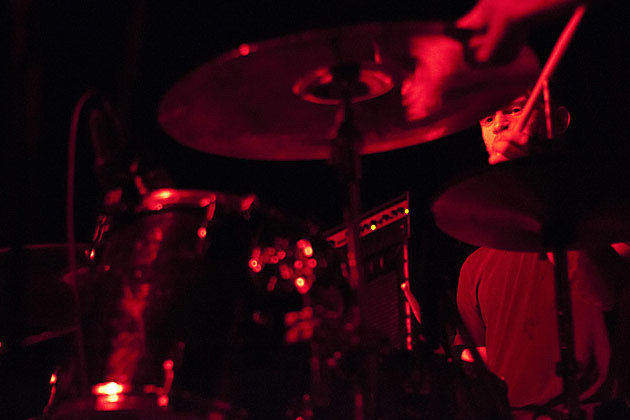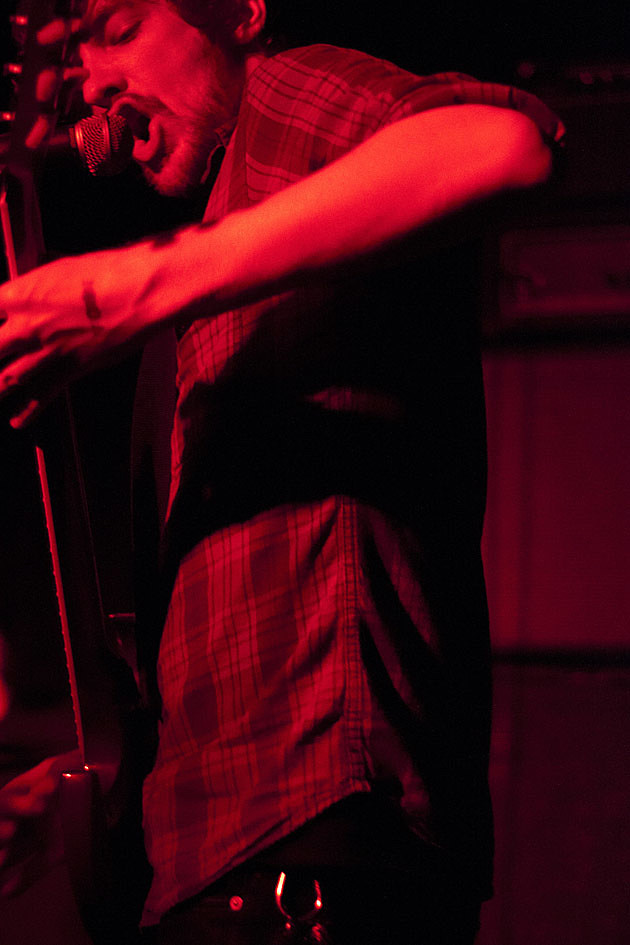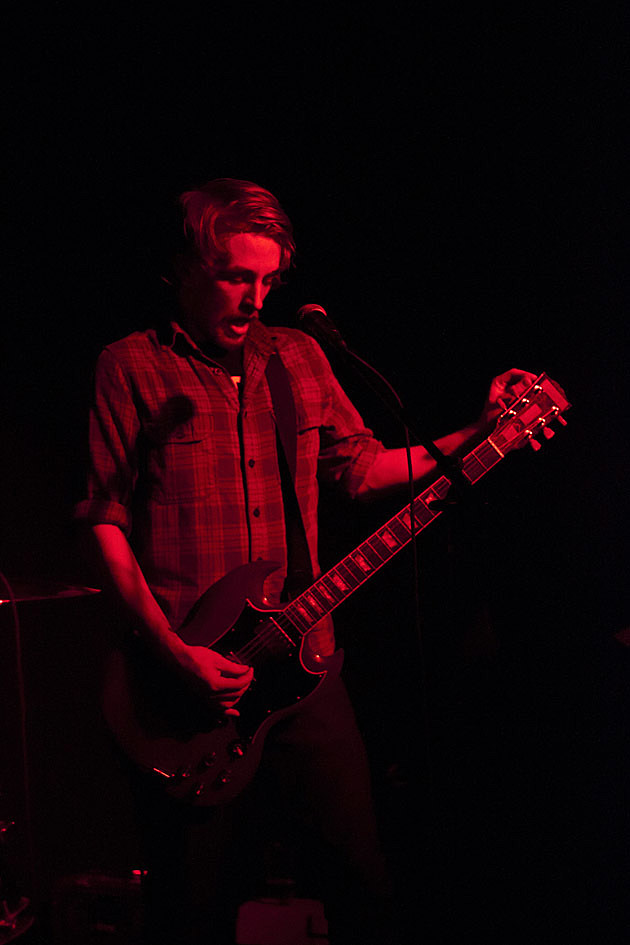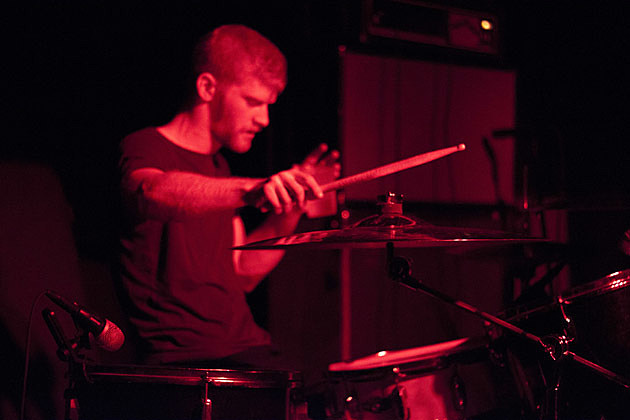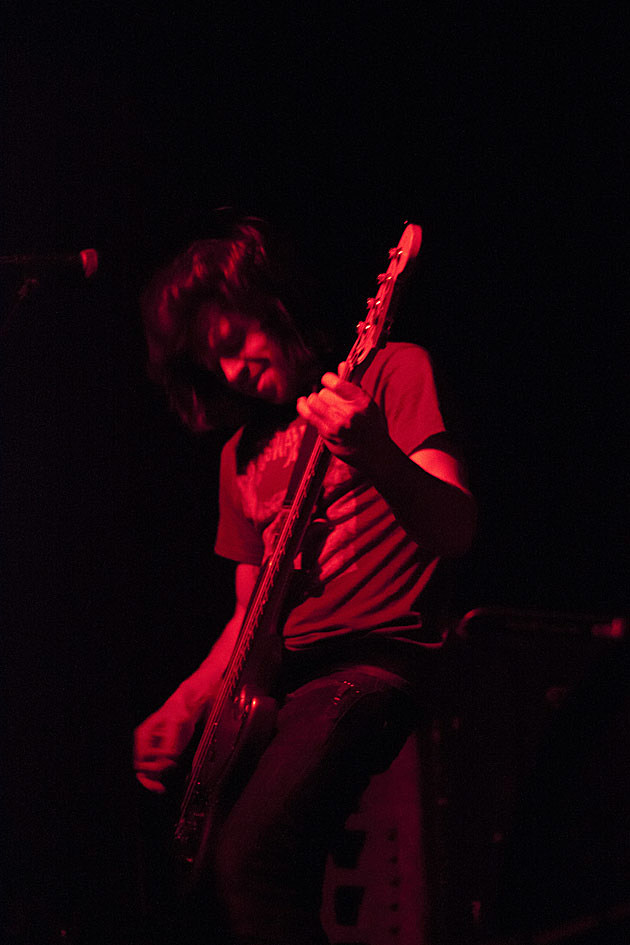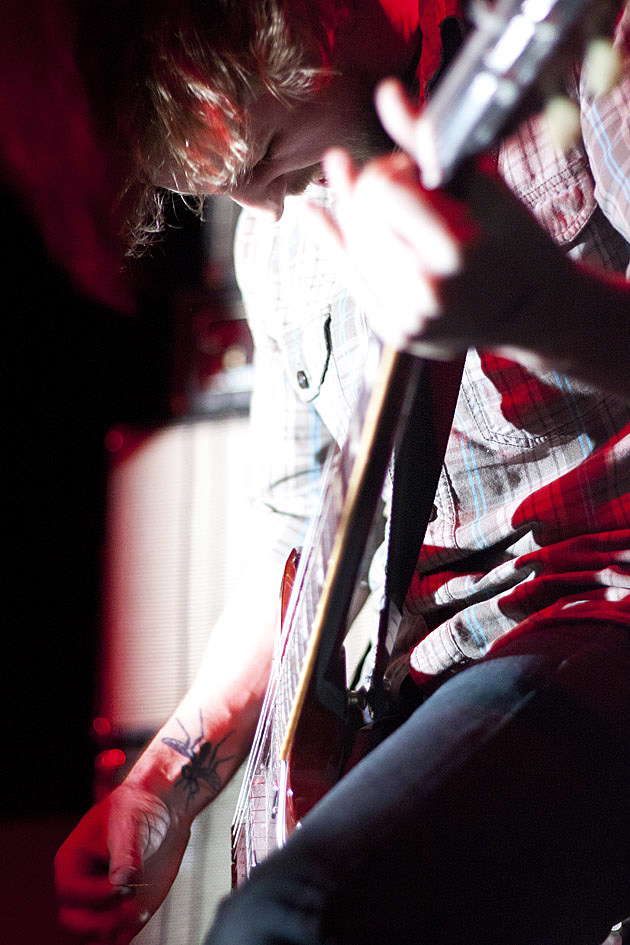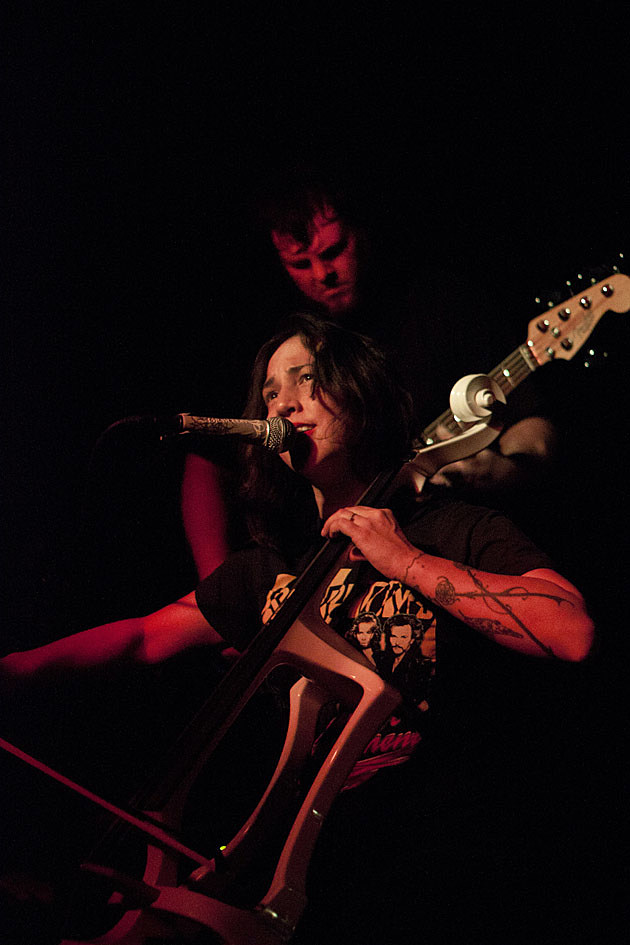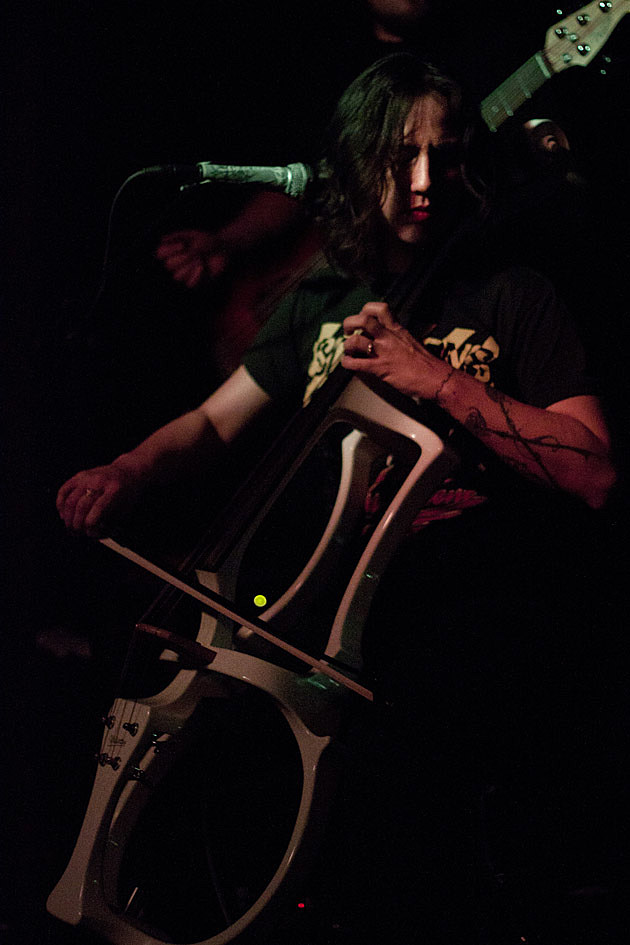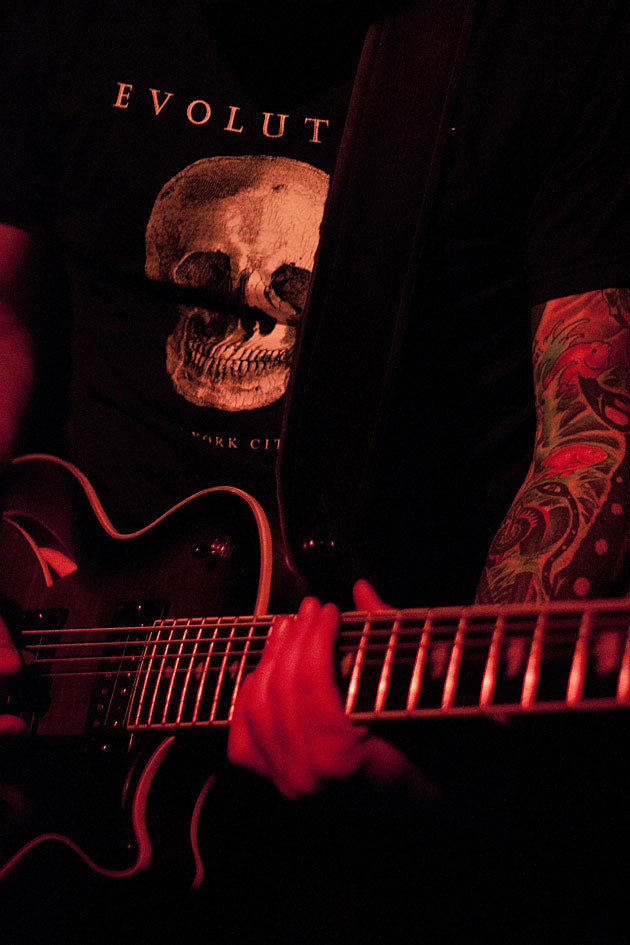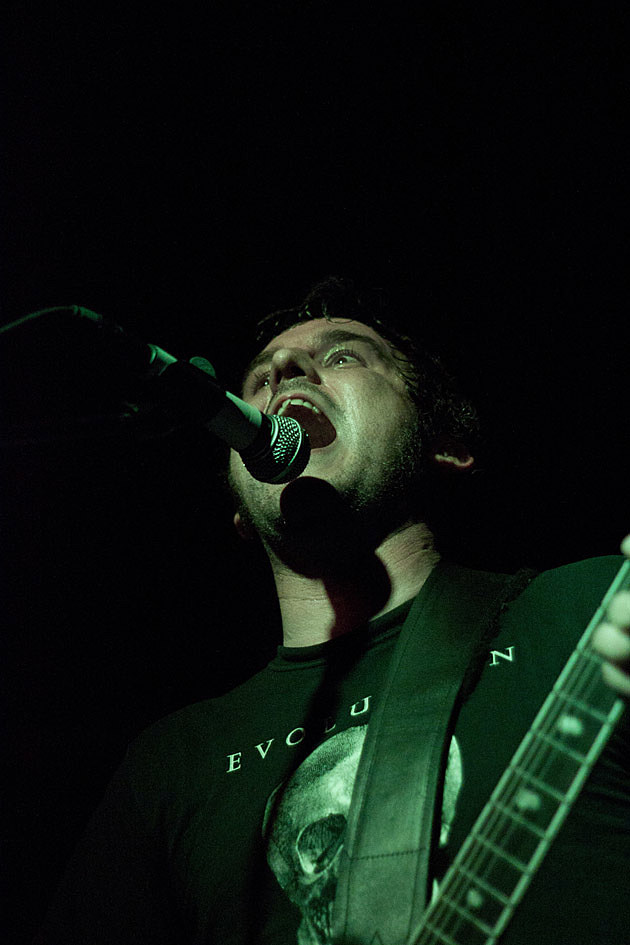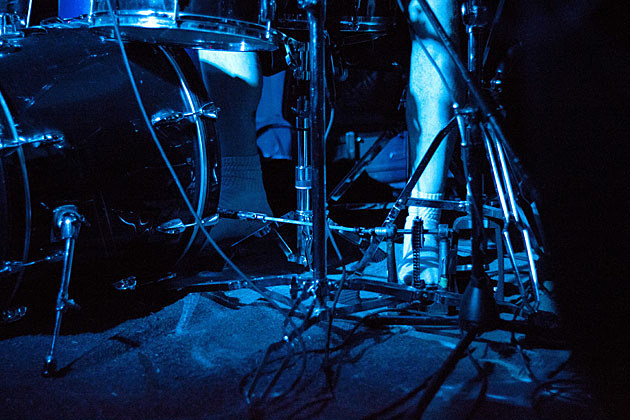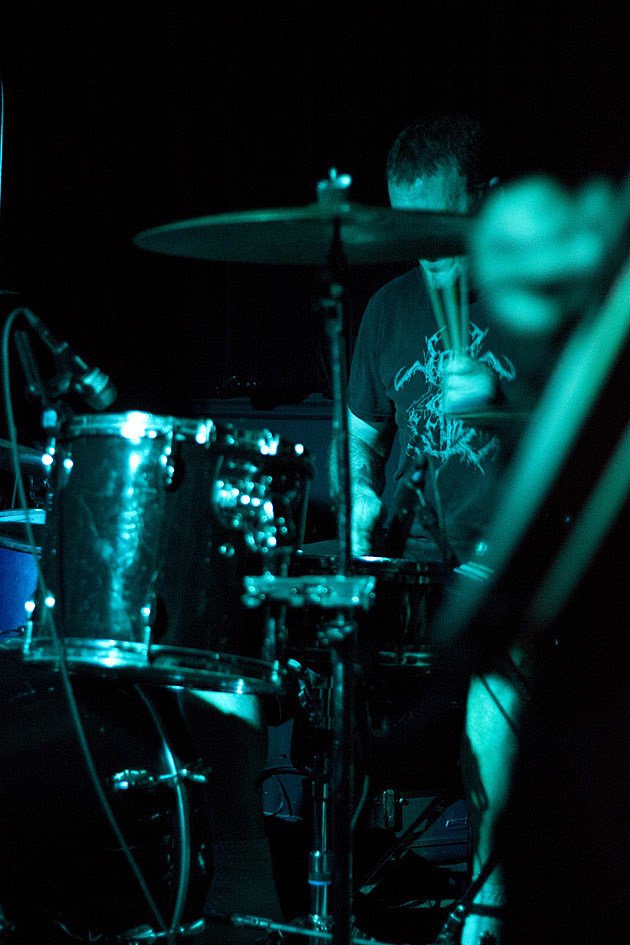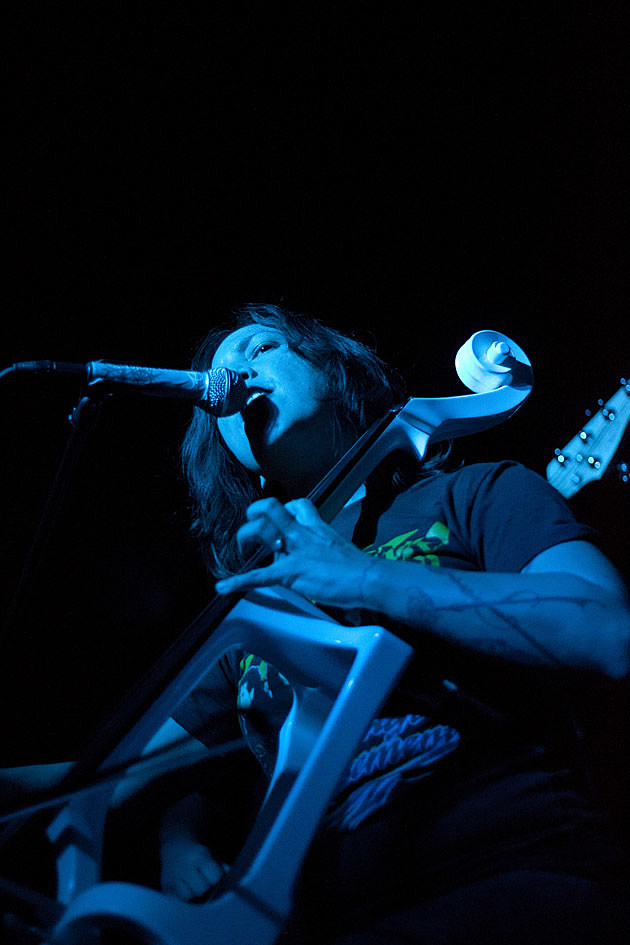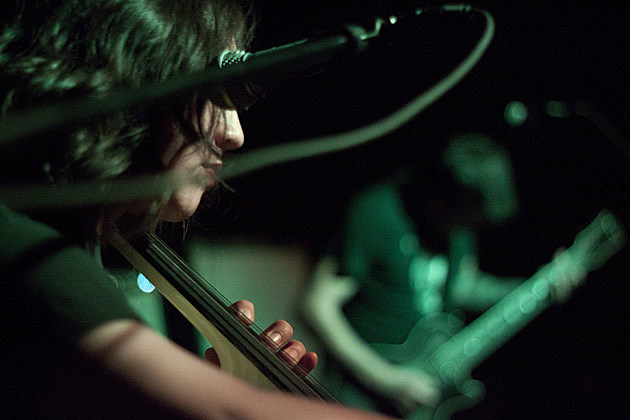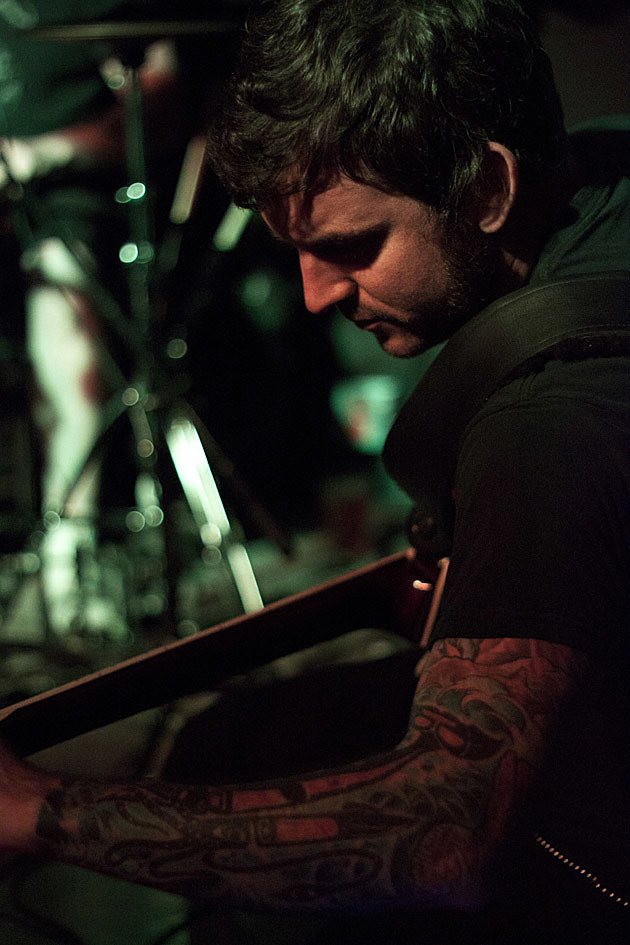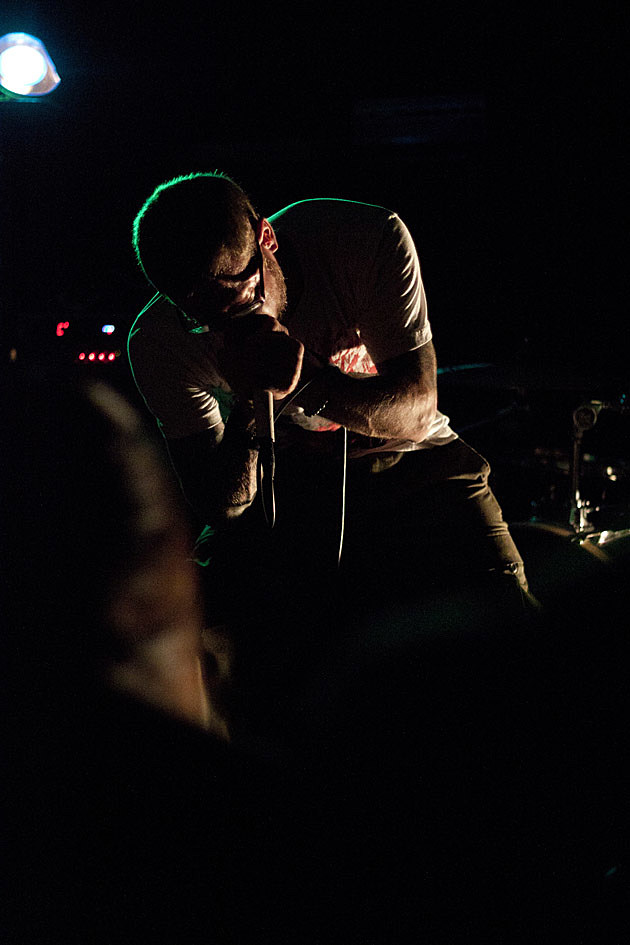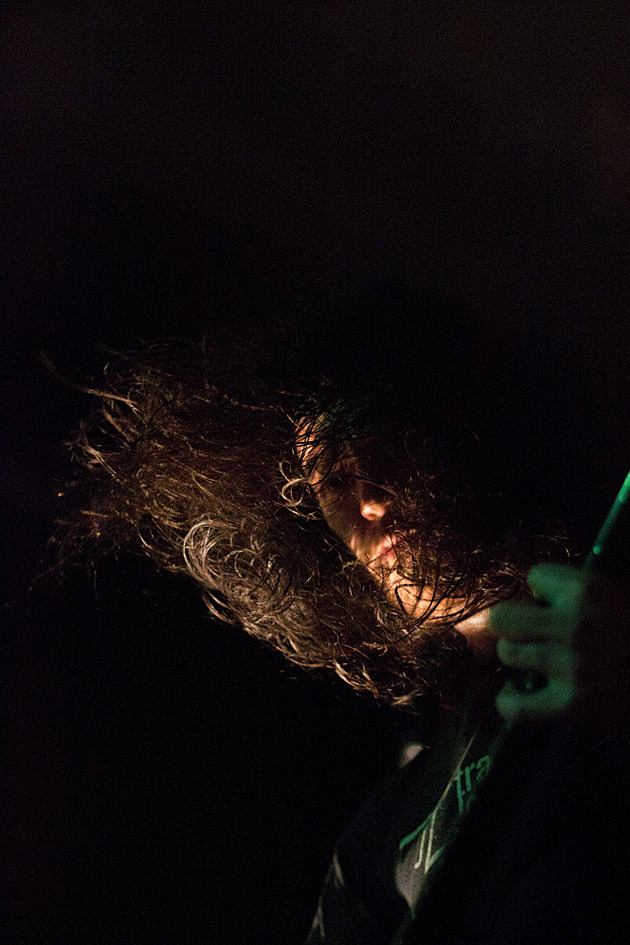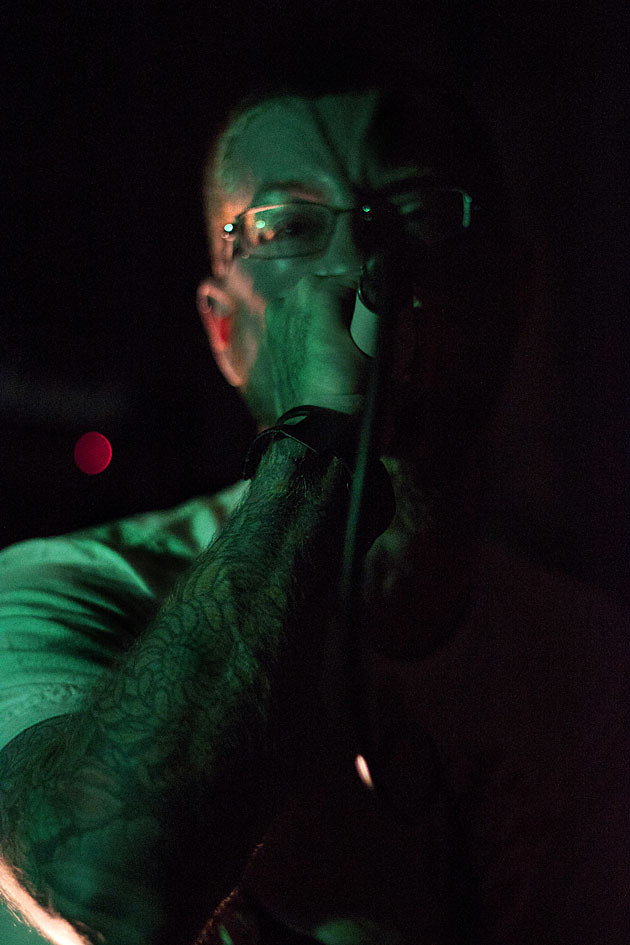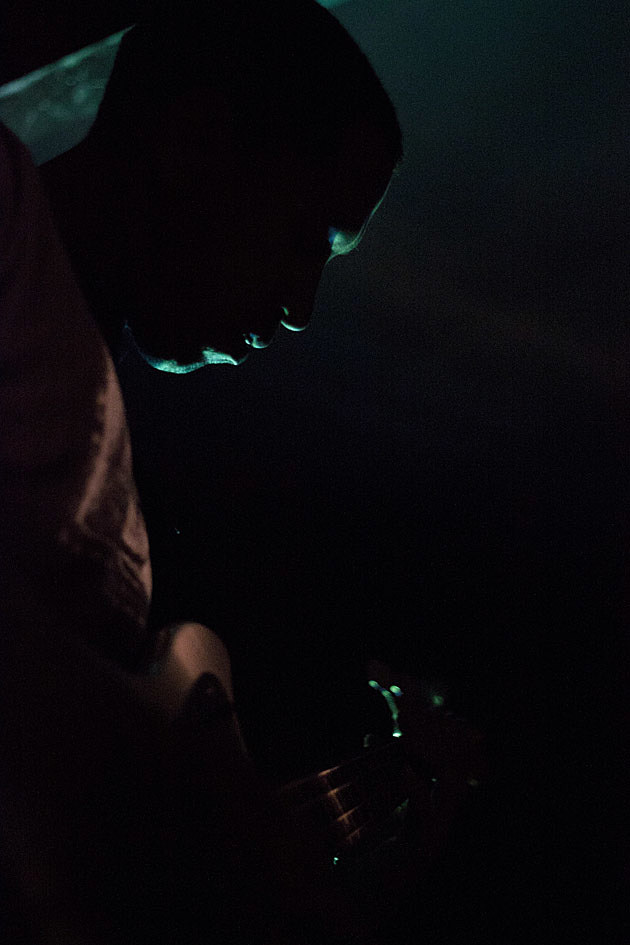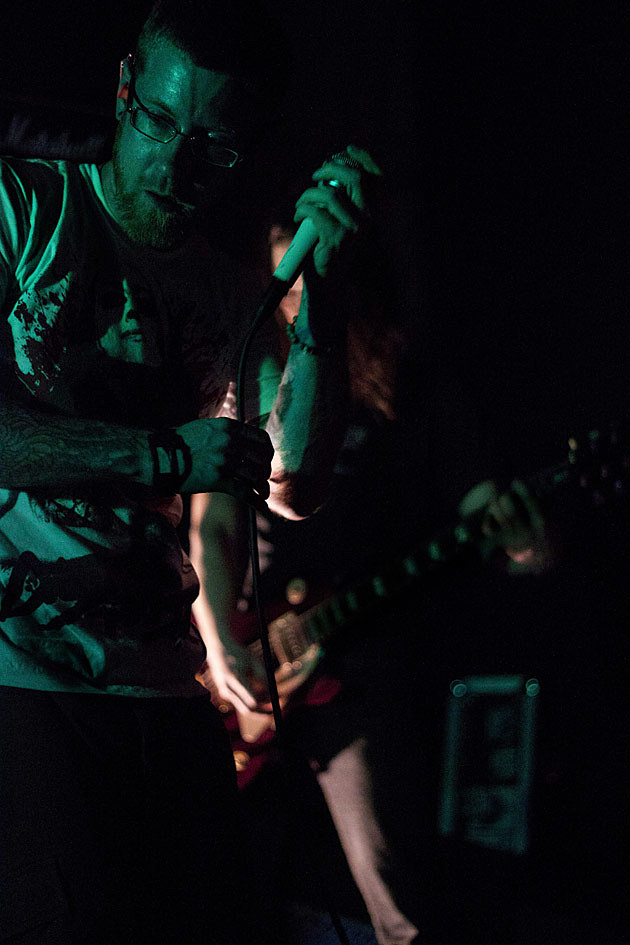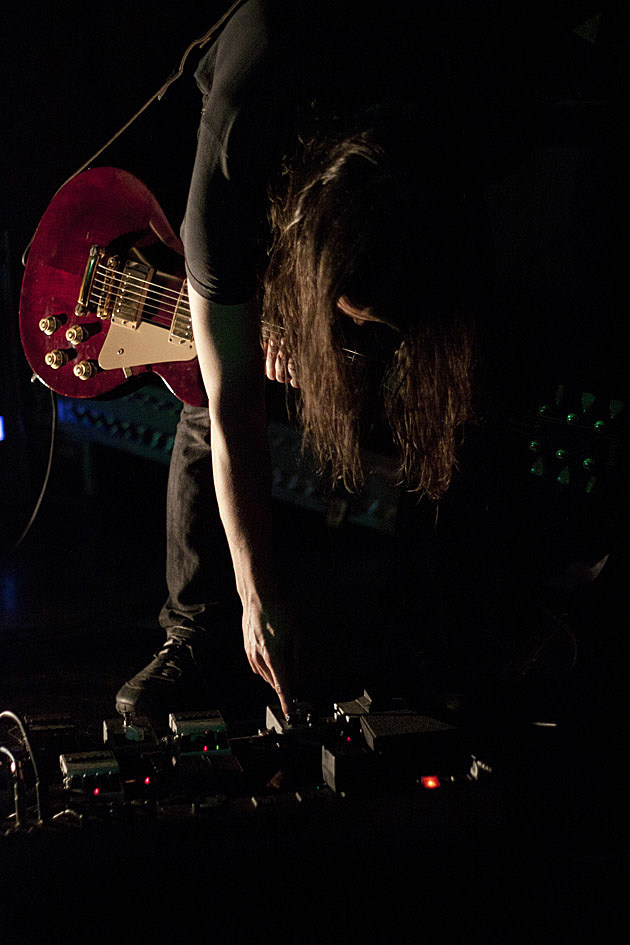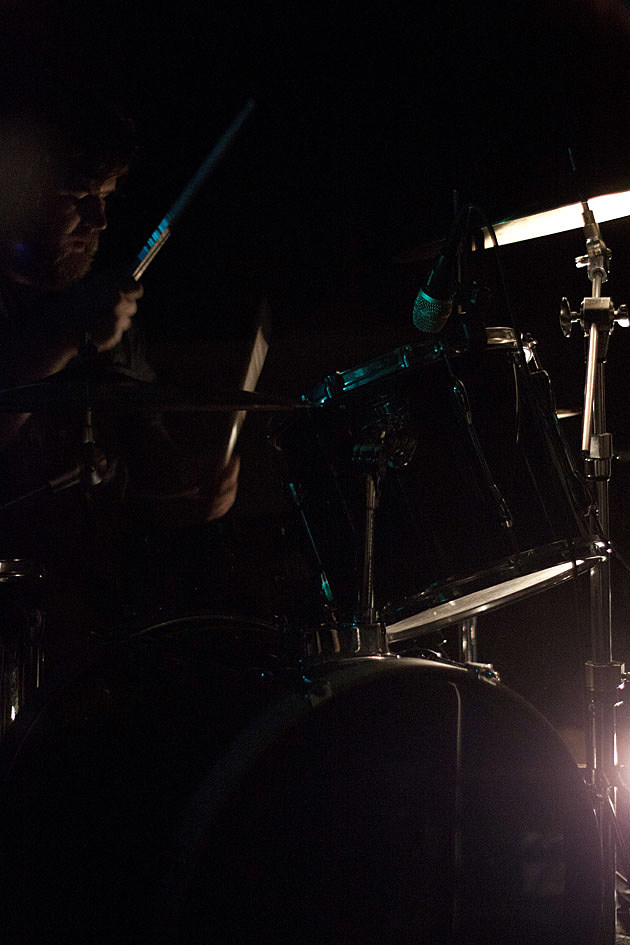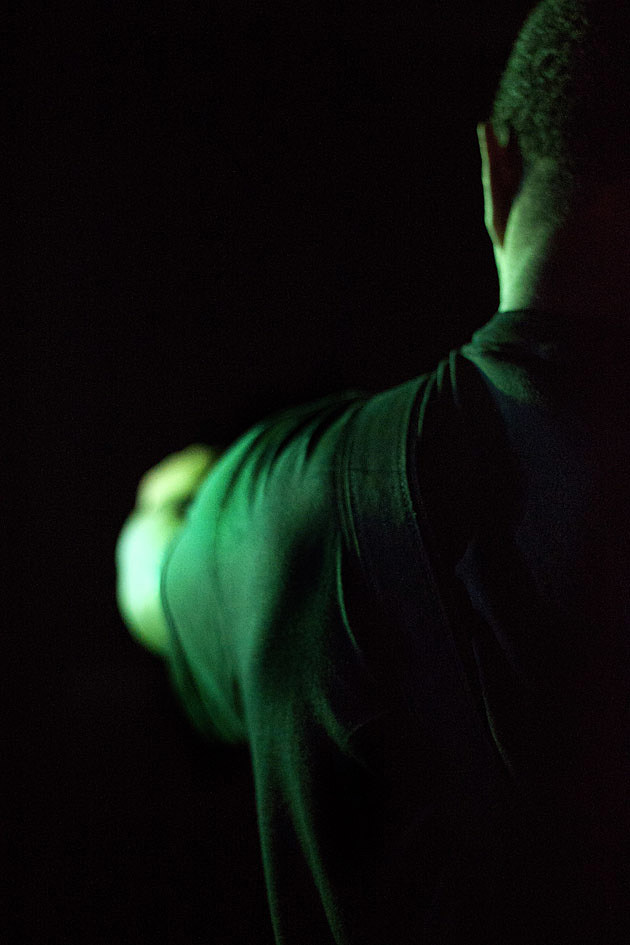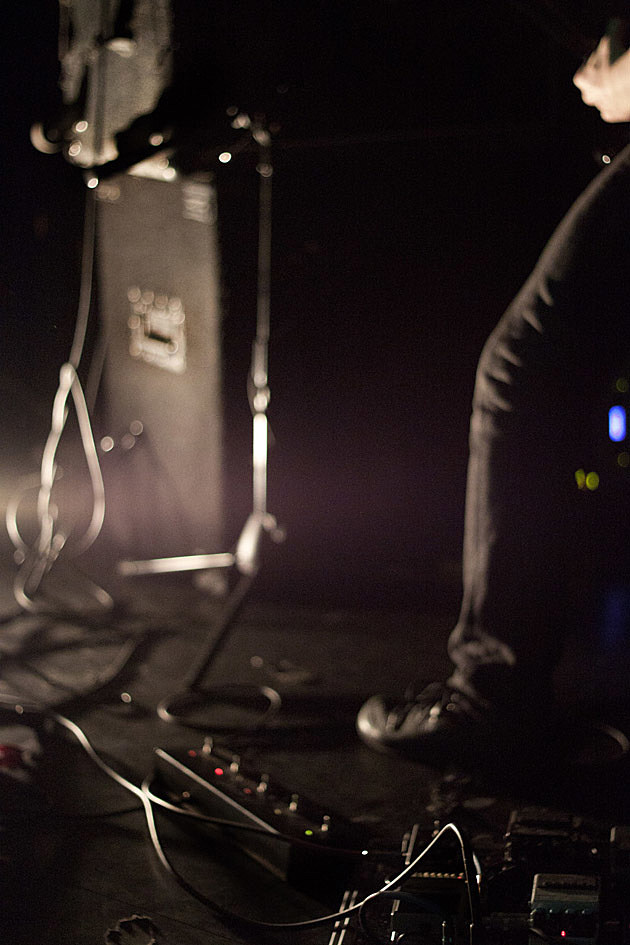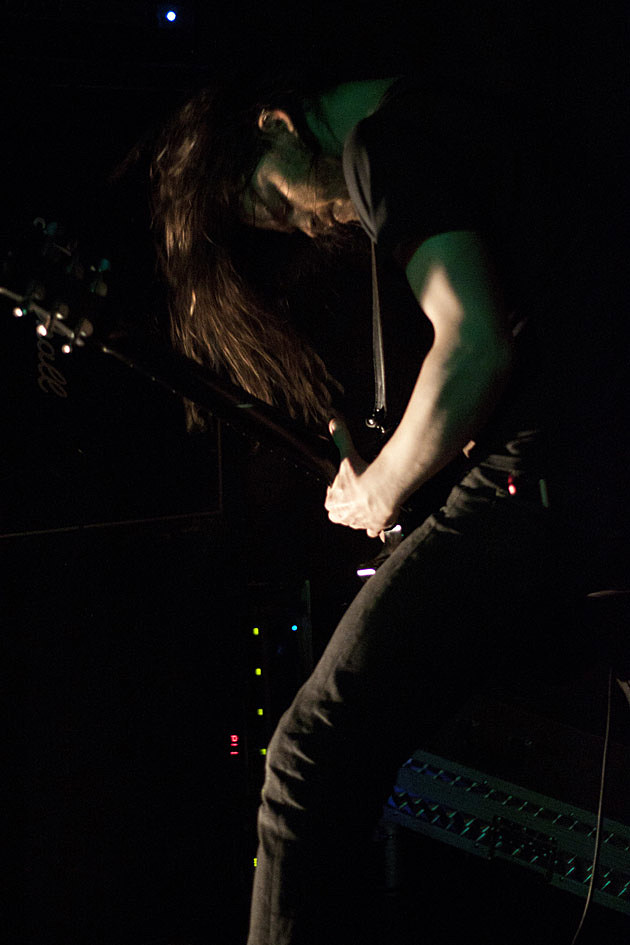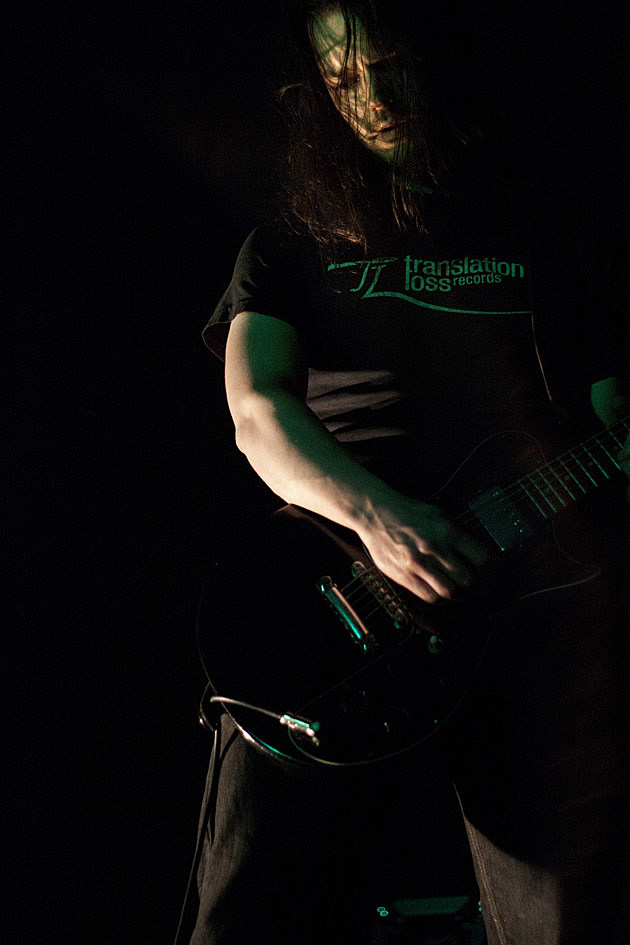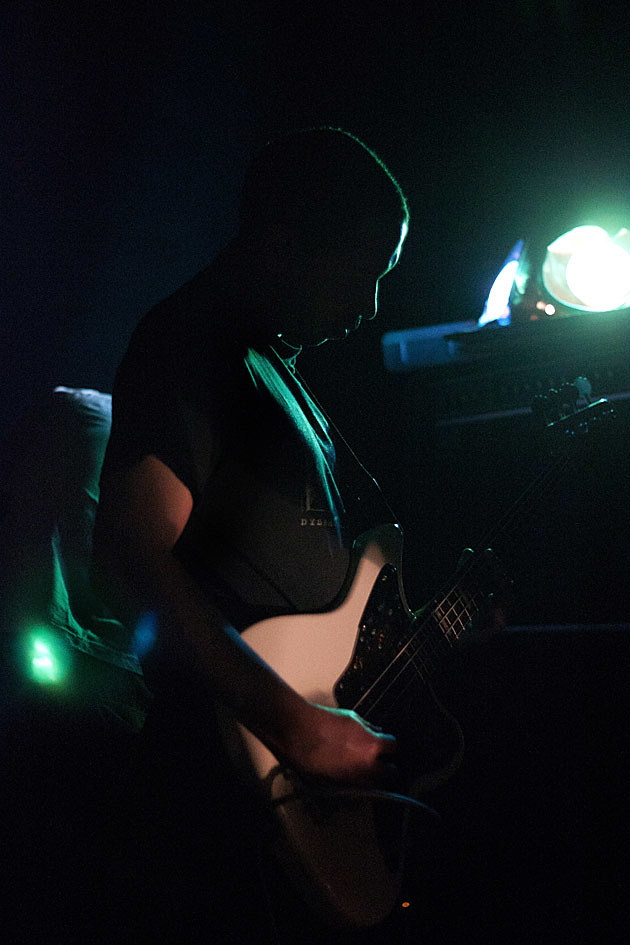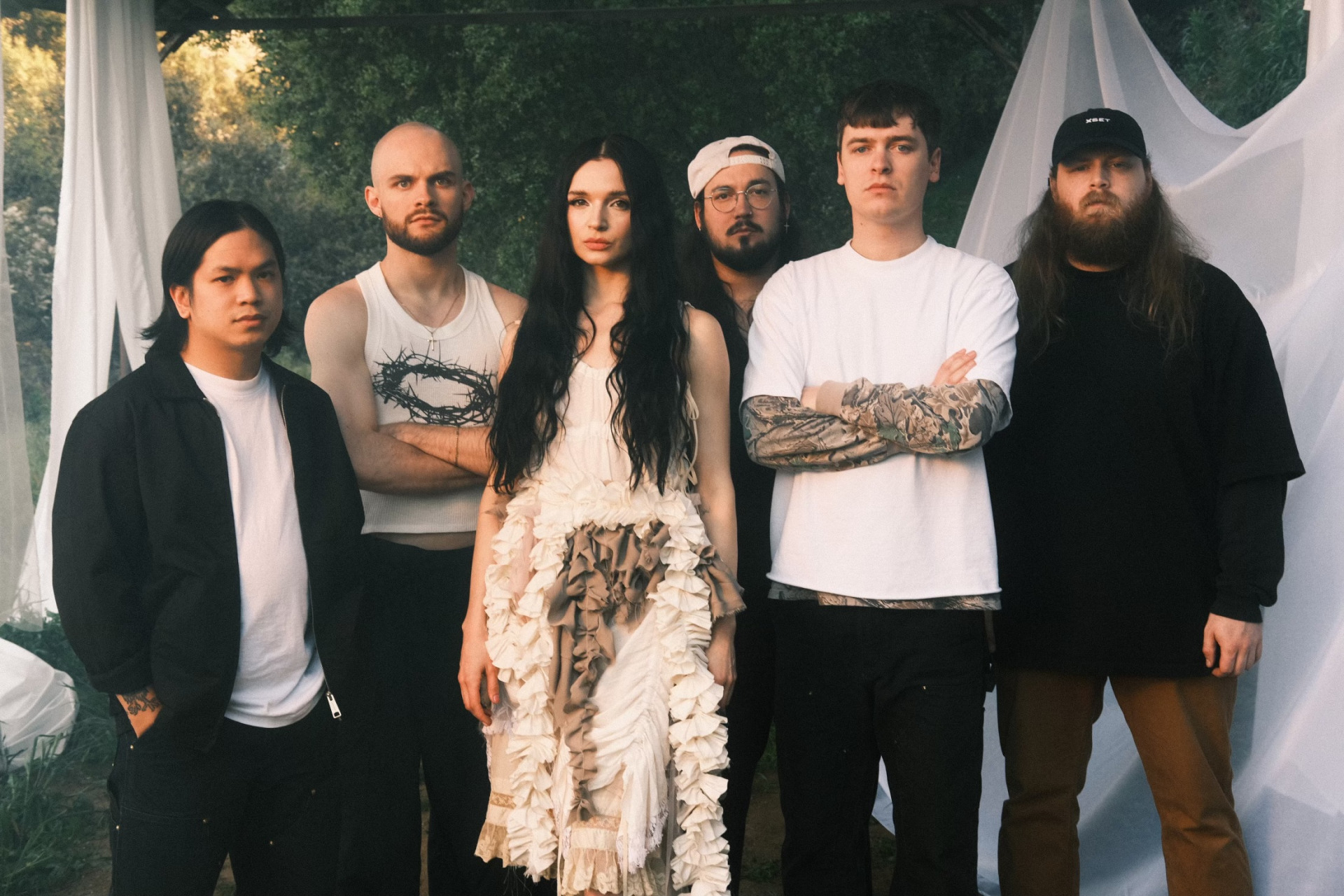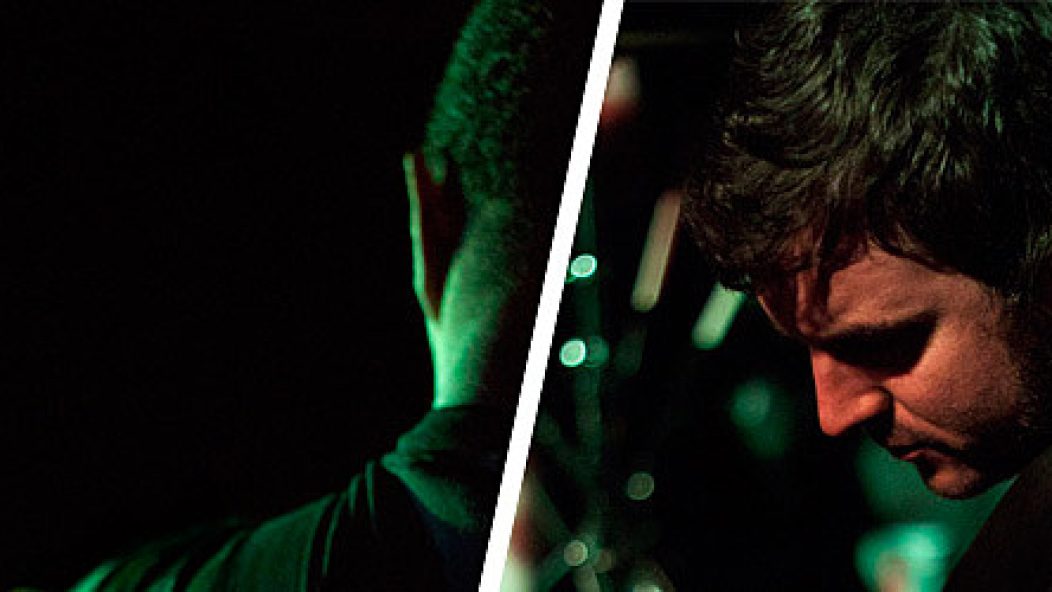
Live Report: Rosetta and Giant Squid at Saint Vitus
A few decades ago, this question would’ve sounded obtuse. But as album sales plummet and bands increasingly run their own business operations, it’s become a pressing concern, especially for label owners.
Thus far, the answer seems to be “curation.” Labels succeed or fail based on their ability to establish a brand and drum up excitement around it. Fans take this curative function seriously, as Profound Lore Records’ trans-genre success demonstrates. Other labels succeed by catering to specific niches. Willowtip rules technical death metal; Southern Lord handles doomy hardcore and hardcore-y doom; Nuclear War Now! deals in murky death and black metal; and so forth.
Philadelphia’s Translation Loss Records also succeeds on the strength of its brand. Its niche is harder to define, but label head Drew Juergens knows how to pick’em. The lineup at Brooklyn’s Saint Vitus Bar on April 21, which was informally marketed as a Translation Loss showcase, suggests the following proclivities: huge tones, delay pedals, and excellent drumming.
. . .
East of the Wall hail from a seaside New Jersey town called Keyport. They nonetheless play in New York frequently enough to earn a home-town treatment here. Vitus’s stage area was full during their set—a rarity for an 8 pm opening act.
East of the Wall plays a fusion of sludgy metal and progressive rock. They do little for me on record, though it’s not entirely their fault—I just don’t have much room left in my heart for this approach after sorting through Mastodon clones for years.
But East of the Wall retained considerable appeal for me as a live act. Their three guitarists and bassist share the sparse vocal duties, so most of the band was free to bounce around onstage. They performed their winding tunes with precision; the string players stuck gluelike to drummer Seth Rheam as he tapped out his fluid rhythms.
. . .
Like East of the Wall, Fight Amp hail from New Jersey. But their hometown, West Deptford, is directly south of Philadelphia, and Fight Amp play New York less frequently. Ironically, their chief influence is a New York band—Brooklyn’s Unsane.
Fight Amp’s formula involves speeding up ’90s noise-rock stomp to hardcore tempos. But even at speed, their grooves leaned back and downwards. They led with their haunches; the beefy rhythm section dragged Mike McGinnis’s guitar along with each massive stride. Fight Amp’s center of gravity lies somewhere inside Dan Smith’s floor tom, which he frequently walloped with giant flams.
. . .
San Francisco’s Giant Squid was the rarest animal on the bill, and the act I was most excited to see.
Touring presents considerable challenges for Giant Squid. Guitarist Aaron Gregory and cellist Jackie Gratz have a child together, and their parental obligations and busy schedules keep them off the road most of the time. They and their bandmates limited this particular jaunt to just three dates.
Judging by their performance, they were determined to make their time on the east coast count. Giant Squid’s recorded material often involves extra instrumentation beyond their four-piece live lineup. They worked around this obstacle impressively, especially on the fan favorite “Throwing a Donner Party at Sea”. The band brings incredible weight to bear, especially given that music writers—myself included—so often place them outside of the metal continuum. Gregory’s baritone guitar oozed from his amp like the brine that appears so frequently in his lyrics, and drummer Scotty Sutton edged near death metal territory with his double pedal drumming.
. . .
Rosetta too occupies a fatigued corner of the metal world. They play “post-metal”, a tag that they have expressed understandable distaste for, but one that has endured for lack of better alternatives.
Despite the ‘-metal’ suffix, this style comes from ex-hardcore bands like Neurosis and ISIS. The hardcore lineage is still evident in Rosetta’s live performance; vocalist Michael Armine went so far as to recall the days when “hardcore was about friends” between songs. And true to hardcore form, Armine demonstrated a broader command of dramatic poses than of vocal deliveries.
But while Armine was monochrome, his bandmates painted with more colors than most of their peers. Drummer Bruce McMurtrie delivered the most dramatic percussive performance of the night, while guitarist
Matt Weed and bassist Dave Grossman used their monster pedal boards to drive dynamic shifts through the roof. Rosetta aims high—when they get heavy, the weight falls on the mind more than the body. This fits
with their preferred genre tag—“metal for astronauts.”
. . .
HEAR EAST OF THE WALL
. . .
East of the Wall – “The Apologist”
. . .
HEAR FIGHT AMP
. . .
Fight Amp – “Samhain”
. . .
HEAR GIANT SQUID
. . .
http://www.youtube.com/watch?v=Re-CHDF3dx4
Giant Squid – “Cenotes (Troglocambarus maclanei)”
. . .
. . .
HEAR ROSETTA
. . .
Rosetta – “A Determinism Of Morality”
. . .
